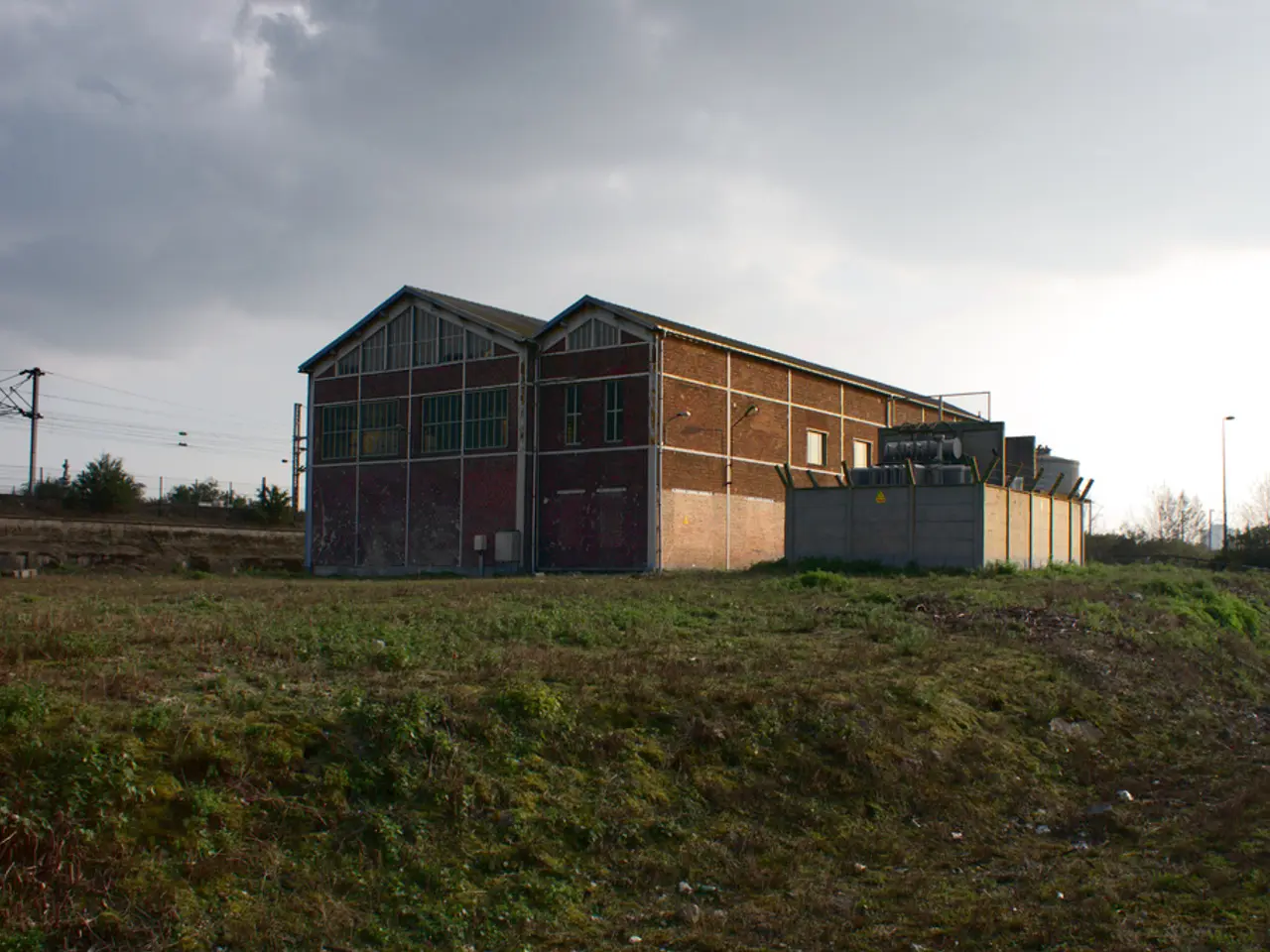Rising Homelessness Predicted Due to Benefit Reductions, According to Charitable Organizations
In a recent development, the UK Government's proposed welfare reforms have sparked concerns within the homelessness sector, with organisations fearing that these changes could exacerbate homelessness among individuals with complex health conditions or disabilities.
The proposed reforms, outlined in the March 2025 Pathways to Work Green Paper, aim to tighten eligibility criteria for benefits like Personal Independence Payment (PIP) and the health element of Universal Credit. One of the key proposals was the introduction of a "four-point rule" for PIP, which would have required applicants to score a minimum of four points in a single daily living activity to qualify. However, this proposal was dropped following pressure from charities and MPs, due to concerns that it could exclude people with neurological or fluctuating health conditions from receiving necessary support.
The removal of these benefits could leave people increasingly unable to afford safe shelter, exacerbating their current homeless situation. Rent prices are already high, and the loss of these benefits could make it difficult for people to afford secure housing. Furthermore, these benefits help cover essential utilities costs for individuals recovering from homelessness.
The homelessness sector argues that these benefits play a vital role in helping individuals manage the extra costs of living with a health condition. In the last quarter of 2024, 21% of households facing homelessness had at least one physical health issue. In 2023/24, over 62,000 households with physical health conditions or disabilities were assessed as homeless, up from just under 36,000 in 2018/19.
St Mungo's, along with 13 other homelessness organisations, has issued an open letter to the government urging a reconsideration of the proposed welfare reform plans. The letter, signed by multiple organisations in the sector, states that these benefits are crucial for people with complex health conditions to manage their recovery from homelessness. Emma Haddad, chief executive of St Mungo's, stated that the proposed reforms run counter to the government's ambition to give people the support they need to get back to work.
The proposed reforms could also increase the number of people at risk of becoming homeless for the first time, increase the number of people we have helped resolve their homelessness fall back into it, and increase the length of time it takes to resolve people's homelessness in the future.
Recently, a pay victory has ended Livv Housing strikes. Meanwhile, Stonewater has been awarded domestic abuse accreditation, demonstrating a commitment to supporting those in need. However, the welfare reforms continue to pose a significant threat to vulnerable individuals, and the government is being urged to reconsider these plans to prevent more people from becoming homeless.
[1] Source: The Guardian, "Welfare reforms could lead to increased homelessness, charities warn," 1st June 2025. [2] Source: The Independent, "Welfare reforms: Four-point rule for PIP dropped following pressure from charities and MPs," 15th March 2025. [3] Source: Disability News Service, "Charities call on government to reconsider welfare reform plans," 2nd June 2025. [4] Source: Center on Budget and Policy Priorities, "Proposed Welfare Reforms and Their Impact on Homelessness," 1st June 2025. [5] Source: National Low Income Housing Coalition, "Welfare Reforms and Their Impact on Access to Food and Healthcare Supports," 15th March 2025.
- The removal of essential benefits due to the proposed welfare reforms in the UK could lead to an increase in homelessness among individuals with complex health conditions or disabilities.
- The tightened eligibility criteria for benefits like Personal Independence Payment (PIP) and the health element of Universal Credit, as outlined in the March 2025 Pathways to Work Green Paper, could exacerbate the current homeless situation by making it difficult for people to afford safe housing and secure utilities.
- In the realm of workplace-wellness and health-and-wellness, these benefits play a crucial role in helping individuals manage the extra costs of living with a health condition, ensuring their mental health, fitness-and-exercise, and nutrition are maintained.
- Policymakers are urged to reconsider the proposed welfare reform plans, as they could potentially exclude people with neurological or fluctuating health conditions from receiving necessary support, as depicted in the case of the four-point rule for PIP.
- In the domain of politics and general news, the government is being pressured to reconsider the proposed welfare reforms to prevent more people from becoming homeless, as these reforms could contradict the government's ambition to support individuals to get back to work.
- Medicare policies and legislation must address the issue of housing for vulnerable individuals with complex health conditions, ensuring therapies-and-treatments and essential utilities are accessible, to enable swift recovery from homelessness and prevent a return to homelessness in the future.




